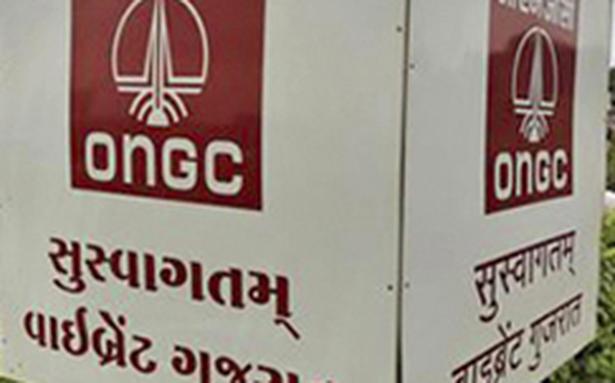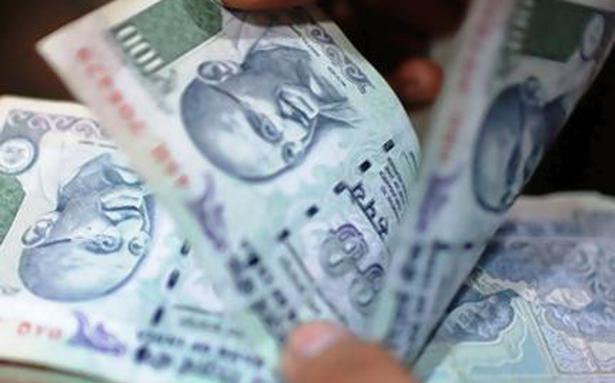Global consumers of cooking oil have no choice but to pay top dollar for supplies after Indonesia’s surprise palm oil export ban forced buyers to seek alternatives already in short supply due to inclement weather and Russia’s invasion of Ukraine .
The move by the world’s largest palm oil producer to ban exports from Thursday will push up prices of all major cooking oils, including palm oil, soybean oil, sunflower oil and canola oil, industry watchers predict. This will place an additional burden on cost-conscious consumers in Asia and Africa, who are impacted by higher fuel and food prices.
“Indonesia’s decision affects not only the availability of palm oil, but vegetable oils worldwide,” James Fry, chairman of commodities consultancy LMC International, told Reuters.
Palm oil — used in everything from cakes and drippings to cosmetics and cleaning products — accounts for almost 60% of global vegetable oil supplies, and top producer Indonesia accounts for about a third of all vegetable oil exports. It announced the export ban on April 22 until further notice to counter rising domestic prices.
“This comes as export volumes of all other major oils come under pressure: soybean oil due to droughts in South America, canola oil due to Canada’s disastrous canola crop and sunflower oil due to Russia’s war with Ukraine,” Mr Fry said.
Vegetable oil prices have already risen by more than 50% in the last six months as factors ranging from labor shortages in Malaysia to droughts in Argentina and Canada – the largest exporters of soybean oil and canola oil respectively – curtailed supplies.
Buyers had hoped a record sunflower crop from top exporter Ukraine would ease the tightness, but supplies from Kyiv have been halted as Russia calls its “special operation” in the country.
This prompted importers to bet palm oil could fill the supply gap until Indonesia’s shock ban dealt a “double whammy” to buyers, said Atul Chaturvedi, president of the trade body Solvent Extractors Association of India (SEA).
No alternative
Importers like India, Bangladesh and Pakistan will try to increase palm oil purchases from Malaysia, but the world’s second-largest palm oil producer cannot fill the gap created by Indonesia, Chaturvedi said.
Indonesia typically supplies almost half of India’s total palm oil imports, while Pakistan and Bangladesh import almost 80% of their palm oil from Indonesia.
“Nobody can compensate for the loss of Indonesian palm oil. Every country will suffer,” said Rasheed JanMohd, Chairman of the Pakistan Edible Oil Refiners Association (PEORA).
Vegetable oil prices rose to a record high in February as supplies of sunflower oil from the Black Sea region were disrupted.
The price hike increased working capital needs for oil refiners, which were holding lower-than-normal inventories in anticipation of a price drop, said a Mumbai-based trader at a global trading company.
Instead, all oil prices have continued to rise. “The refiners were caught on the wrong foot. Now they can’t afford to wait a few weeks. They have to make purchases to operate the facilities,” the trader said.
With Indonesia allowing shipments until April 28, consuming countries will have enough supplies for the first half of May but could face shortages from the second half, a Dhaka-based refiner said.
South Asian refiners will be slow to bring oil to market, knowing supplies are limited, he said.
In India, the world’s largest importer of vegetable oil, palm oil prices rose nearly 5% over the weekend as industrial prices look tight in the coming months. Prices also rose in Pakistan and Bangladesh.



